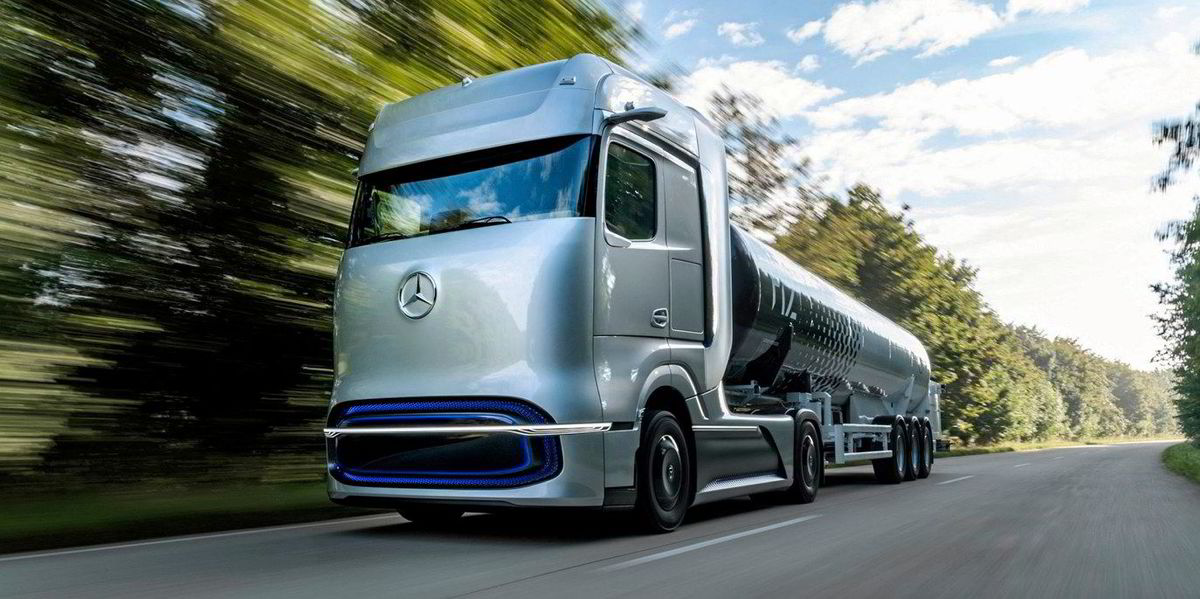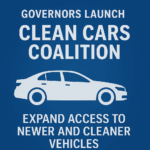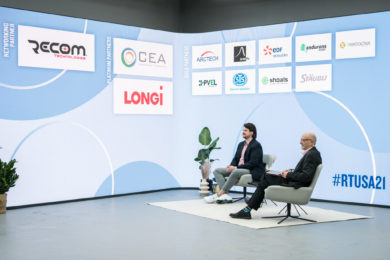
The UK government has announced more than £200m ($243m) of funding for a three-year ‘comparative’ demonstration programme to determine whether hydrogen-powered fuel cells or batteries would be the best zero-emission solution for heavy goods vehicles (HGVs).

Hydrogen: hype, hope and the hard truths around its role in the energy transitionWill hydrogen be the skeleton key to unlock a carbon-neutral world? Subscribe to Accelerate Hydrogen, powered by Recharge and Upstream, and get the market insight you need for this rapidly evolving global market.Sign up now
“The demonstrations will help the UK’s freight sector reduce its reliance on fossil fuels by finding which zero emission technologies are best suited to the heaviest road vehicles in the UK,” said the Department for Transport (DfT).
“The demonstrations will help gather evidence on the future refuelling and recharging infrastructure needed to drive the smooth transition to a zero-emission freight sector by 2050.”After plotting battery-electric future, truck maker Scania hedges bets with new hydrogen vehiclesRead more
The British government has already announced plans for all new HGVs sold in the UK to have zero emissions from 2040, while banning the sale of fossil-fuel-powered trucks weighing 26 tonnes or less from 2035.
“The three-year comparative programme will begin later this year to help decarbonise the UK’s freight industry with initial competitions for battery electric and hydrogen fuel cell technology launching shortly,” said the DfT in a statement.
“An open-call competition will be launched for manufacturers, energy providers and fleet and infrastructure operators to showcase their green technology on UK roads. This will begin with demonstrations of battery electric and hydrogen fuel cell HGVs.”Article continues below the advert
It added that the programme “could see hundreds more zero-emission HGVs rolled out across the nation and save the industry money, thanks to overall running costs of green vehicles being cheaper than petrol and diesel equivalents. More efficient deliveries will in turn enable haulage companies to keep the price of goods down and protect customers from rising costs”.
Michelle Gardner, acting deputy director of public policy at freight trade association Logistics UK, said that British trucking companies were committed to decarbonising their operations, but need clarity on the path to zero emissions.
“The trials announced today will play a crucial role in identifying the right technological solutions to help enable this.”‘Hydrogen unlikely to play major role in road transport, even for heavy trucks’: FraunhoferRead moreThe case for hydrogen trucks | Grid limitations will make long-distance battery-electric haulage ‘near impossible’: Hyzon Motors CEORead more
In terms of sector decarbonisation, the jury is still out on whether fuel cells or batteries make the most sense for road freight.
For instance, a study by the Fraunhofer Institute for Systems and Innovation Research in Germany earlier this year found that hydrogen was unlikely to play a major role in trucks due to the higher costs involved compared to batteries.
But H2 trucking advocates, such as Hyzon Motors CEO Craig Knight, argue that electric grids will not be able to cope with large numbers of long-distance battery HGVs.
Swedish truck maker Scania seemed to come down firmly on the side of battery electric trucks in January 2021 when it declared that the use of hydrogen for heavy-duty vehicles “will be limited since three times as much renewable electricity is needed to power a hydrogen truck compared to a battery electric truck”. But in April this year, it announced that it was building “an initial 20 fuel-cell trucks” after receiving an order from electrolyser and fuel-cell maker Cummins.
Scania’s head of e-mobility, Frederik Allard, said last month: “We have been clear that battery electric is what we see as the main track for all applications. That said, we are open to what our customers want also with regards to other solutions, like hydrogen.
“In some operations and geographies where battery electric vehicles are not optimal, we see that fuel cell electric vehicle will be used. We keep a close dialogue with our customers on what is best both for their total operating economy and our planet.”
The UK government has not revealed when its £200m Zero Emission Road Freight HGV Demonstrators Programme will begin, only to say that “initial competitions for battery electric and hydrogen fuel cell technology [will be] launching shortly”.
The DfT also unveiled the results of a public consultation on its plans to phase out fossil-fuel HGVs, in which some respondents argued that zero-emission vehicles would not help the government reach its 2050 net-zero goal unless lifecycle emissions were taken into account, as the electricity used for both batteries and hydrogen production — and the energy required to manufacture the vehicles — could be derived from fossil fuels.
The UK government rejected this lifecycle approach, without explaining why.






